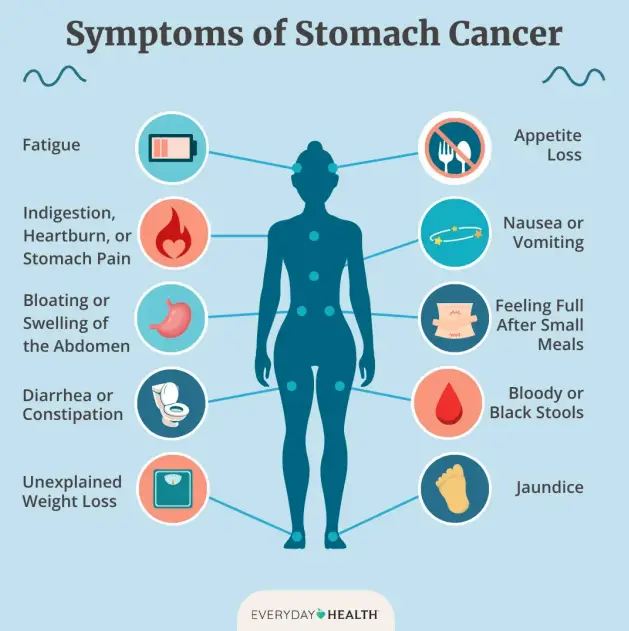Is That Itch Just an Irritation—Or a Health Red Flag? What Your Groin Discomfort Might Be Telling You
That uncomfortable itch, burning sensation, or cluster of bumps in your groin might seem like a routine hygiene hiccup—but it could be your skin’s way of waving a red flag.
Many people shrug off groin irritation as a side effect of tight clothing, sweat, or hair removal. But sometimes, these symptoms are signs of deeper issues that shouldn’t be ignored.

Before you reach for the nearest ointment or brush it off as “no big deal,” it’s worth understanding the underlying causes. What seems like a minor nuisance could signal a developing infection, inflammation, or other dermatological concern.
Groin Irritation 101: What’s Going On Down There?
The groin area, being warm, enclosed, and often exposed to friction, is one of the most vulnerable regions for skin problems. Here’s a closer look at two of the most common culprits—and what to do if they show up.
1. Ingrown Hairs: A Common Post-Shave Troublemaker
Why They Happen:
Ingrown hairs occur when strands of hair curl back or grow sideways into the skin. This often leads to irritation, red bumps, and sometimes painful, pus-filled sores.
What Triggers Them:
- Close shaving or aggressive hair removal methods
- Tight or non-breathable underwear
- Coarse or curly hair types prone to looping under the skin
What They Look Like:
- Small, inflamed red or pink bumps
- Pus-filled pimples that may resemble acne
- Itching, tenderness, or slight swelling in the area
How to Treat Them:
- Apply a warm compress to reduce swelling and soothe the skin
- Use a mild exfoliant to prevent dead skin buildup
- Avoid shaving or waxing until healing occurs
- In severe cases, seek medical care to prevent infection
According to the American Academy of Dermatology, gentle skin care and proper shaving techniques can significantly reduce the risk of ingrown hairs.
2. Folliculitis: More Than Just a Rash
What It Is:
Folliculitis is inflammation of the hair follicles, usually due to bacteria (like Staph aureus), yeast,or even simple friction. It can develop after shaving, sweating, or sitting too long in damp clothes.
Why It Happens:
- Shaving or waxing trauma
- Wearing tight-fitting or synthetic fabric
- Hot tubs or poorly sanitized water
- Bacterial or fungal infections
Recognizing the Symptoms:
- Clusters of red or white-headed bumps
- Itchy, sore, or burning sensation around hair follicles
- Skin tenderness or increased sensitivity
Treatment & Prevention Tips:
- Keep the area clean with antibacterial soap
- Apply over-the-counter topical antibiotics or antifungal creams
- Use warm compresses to draw out inflammation
- Avoid tight clothing and give the skin time to heal
- For persistent or severe outbreaks, see a doctor—oral antibiotics may be required
Beyond the Surface: What This Means for Your Health
While most cases of groin irritation are treatable at home, recurring or worsening symptoms may indicate a deeper issue, such as a fungal infection, s*xually transmitted infection (STI), or even a dermatological disorder. Listening to your body—and acting on unusual changes early—can prevent more serious problems down the road.
The Bigger Picture: Body Awareness Matters
Whether it’s persistent itching in private areas, unexpected fatigue, or sudden skin changes, these signs are more than just annoyances. They’re your body’s way of sending a message. And in an age where health misinformation runs rampant, your best defense is education, vigilance, and proactive care. From recognizing early warning signs of illness to understanding psychological trends like extreme body modification, it’s clear that health isn’t just about what’s visible—it’s about tuning into the signals your body sends daily.
Final Takeaway
If you’ve been ignoring that groin itch, burning sensation, or strange bump—don’t. It could be harmless, or it could be your body urging you to pay attention. Take it seriously, treat it properly, and when in doubt, consult a healthcare professional. Early action can make all the difference in preventing complications and maintaining your well-being. When your body speaks, listen—because it often knows before you do.
Please SHARE this article with your family and friends on Facebook.
Bored Daddy
Love and Peace
